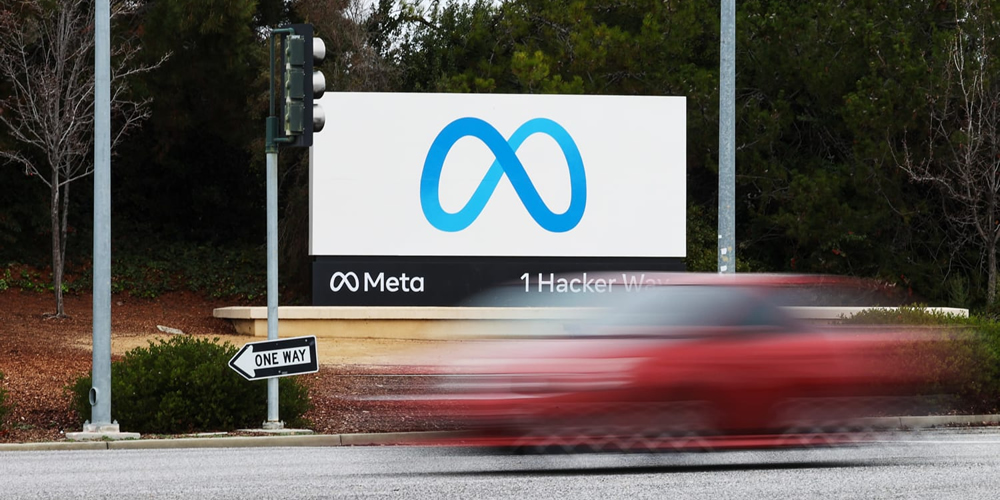In a critical legal precedent, Meta became victorious in a court case that could have far-reaching consequences for enforcing digital privacy. While pitted against Israeli cyber intelligence agency NSO Group in one of the most headline-grabbing cases, Pegasus spyware entered WhatsApp, the most beloved messaging platform of Meta. After a protracted litigation for five years, a U.S. federal jury duly awarded Meta around $168 million in damages. The case originated with an elaborate cyberattack in May 2019, wherein spyware was forcibly and silently installed on over 1,400 users' devices. The case's outcome may determine the fate of other cases regarding spyware programs that acquire personal data without compromise or consent.

Pegasus Spyware Under Scrutiny: How Meta Took Action
Nonetheless, it was the use of Pegasus software in compromising users' data that was the crux of the case and not NSO itself in initiating the attack. The spyware operated in complete secrecy, harvesting sensitive information like financial data, locations, emails, and messages from infected mobile devices, remotely controlling the microphone and camera without any alert. Still, Meta resolved to hold the software developer responsible for the allegations irrespective of who carried out the attack. Assisted by Citizen Lab, a highly reputable cybersecurity research organization, Meta proceeded with investigations into Pegasus' inner workings and how widespread its application had become. Unlike previous responses to such breaches, Meta's legal strategy focused on the technology itself: a decision that would have far-reaching precedent-building implications.
Federal Jury Supports Meta’s Push for Accountability
On the flip side, spyware developers have long maintained that these tools have several legitimate uses beyond nefarious data collection. And yet, an argument weakened by the ruling that the misuse has grave implications, especially in the case of social apps. Having won damages from the developer itself as opposed to the individual attackers, Meta may set a new precedent. Whatever NSO's stated intentions, the actual effects of the deployment of Pegasus were held by the court to be unacceptable. This sends a stronger message to the surveillance industry, compared to trying to cut down on malware a few times before.
A Precedent with Lasting Impact on Digital Security
After all, the wider takeaway from this victory lies in the message it sends across the tech landscape. Developers can no longer hide behind claims of alternate use cases when their tools are exploited to violate user privacy. Moreover, this decision could potentially hinder the continued sale of spyware products and promote stronger ethical standards within the industry. However, questions concerning the legality of Data scraping remain unanswered in many contexts. Be that as it may, such a ruling protects personal information in an increasingly app-driven world, and it certainly strengthens Meta's prospects in fighting unauthorized access to user data.
































